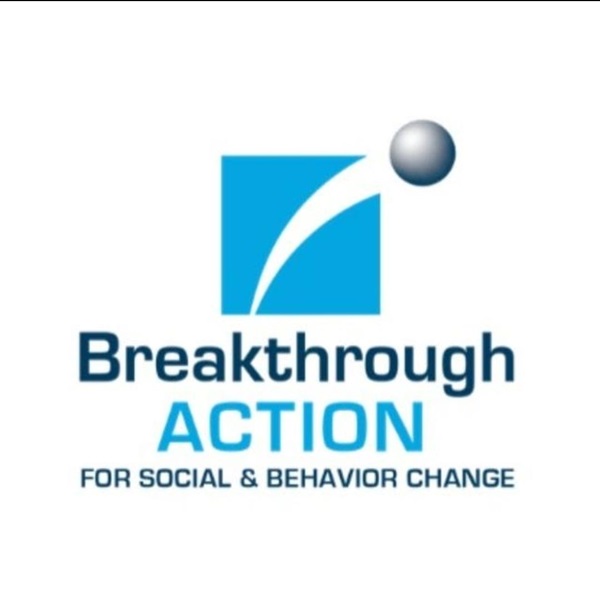
At its national learning and transition event, Breakthrough Action Nigeria, a non-governmental organisation (NGO), proudly showcased the success of its social and behaviour change (SBC) strategies.
Project director of Breakthrough Action Nigeria, Dr. Shittu Abdu-Aguye compared the lifecycle of their projects to the lifecycle of human beings, emphasising the stages of conception, birth, growth and maturity.
Reflecting on the seven years of implementation, he asserted, “We believe we have transformed the landscape for SBC programme implementation in our 12 intervention states. Through our community, mass media, mobile/digital, provider behaviour, advocacy and SBC capacity-building interventions, Breakthrough Action Nigeria has walked the talk as far as implementation of SBC programmes in Nigeria goes and we are very proud of the journey we have had.”
Breakthrough Action Nigeria, under the USAID flagship, has been at the forefront of implementing transformational SBC interventions in Nigeria since 2018. The project’s mission has been to drive positive health behaviour changes across various health sectors including malaria, maternal, newborn, and child health plus nutrition (MNCH+N), family planning/reproductive health (FP/RH) and interventions for infectious diseases like tuberculosis, COVID-19 and priority zoonotic diseases (PZDs).
Abdu-Aguye noted that every project starts as an idea conceived in the quiet hours, followed by extensive preparation by the implementing organisation before its official launch. “The idea of a project is often conceived late at night when others are asleep,” he said. “There is a lot of preparation made by the implementing organisation before the project is born. The project is eventually born or launched with celebrations.”
Describing the early stages as formative, he added, “There is the formative stage when the project is striving to understand the implementation context and to get started.”
The success of these SBC strategies is largely due to diligent collaboration with Federal and state ministries of health, health promotion divisions, national and state primary healthcare development agencies and programmes for TB and malaria. Additionally, partnerships with the Nigeria Centre for Disease Control and Prevention (NCDC) have been crucial. These efforts have collectively contributed to improved health outcomes nationwide.
Abdu-Aguye explained that initial project implementation might be tentative, but learning from mistakes and adapting quickly has been key to demonstrating results to donors. “Initial project implementation is tentative, but we quickly learn from our mistakes and adapt to mature quickly because we need to demonstrate results to the donor.”
Despite challenges such as staff changes, new partnerships, governmental shifts, insecurity, and inflation, the project has steadfastly pursued its goals. “Along the way, life happens to the project; staff come and go, new partners and alliances are added to the mix, governments change, insecurity and inflation exert their toll. But the project continues to push against all odds – to achieve what it was designed to. And for all USAID projects, the goal is clear and simple – saving lives,” he emphasised.
He outlined the project’s journey from inception to maturity, highlighting significant progress and strides made over the years. “The project eventually graduates from being the new kid on the block, reaches full maturity, and continues to make significant strides and progress,” Abdu-Aguye noted. “And then the inevitable happens. The five-year project cycle, costed or no-cost extension period is over, and the project needs to close out. This is hopefully the general trajectory of most projects. It certainly reflects the journey that Breakthrough Action Nigeria has traveled to this day.”
As the project transitions, its Integrated SBC and malaria interventions, along with the tuberculosis and global health security interventions, will continue through the end of FY24, ensuring sustained impact and progress in the health sector.

